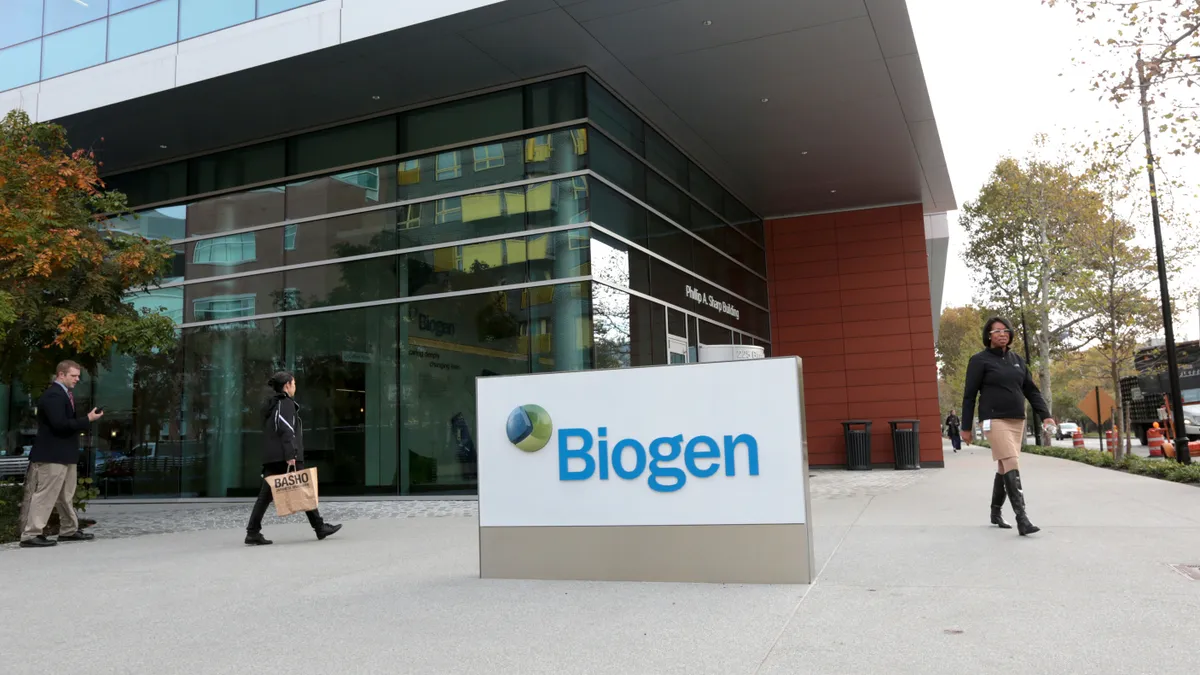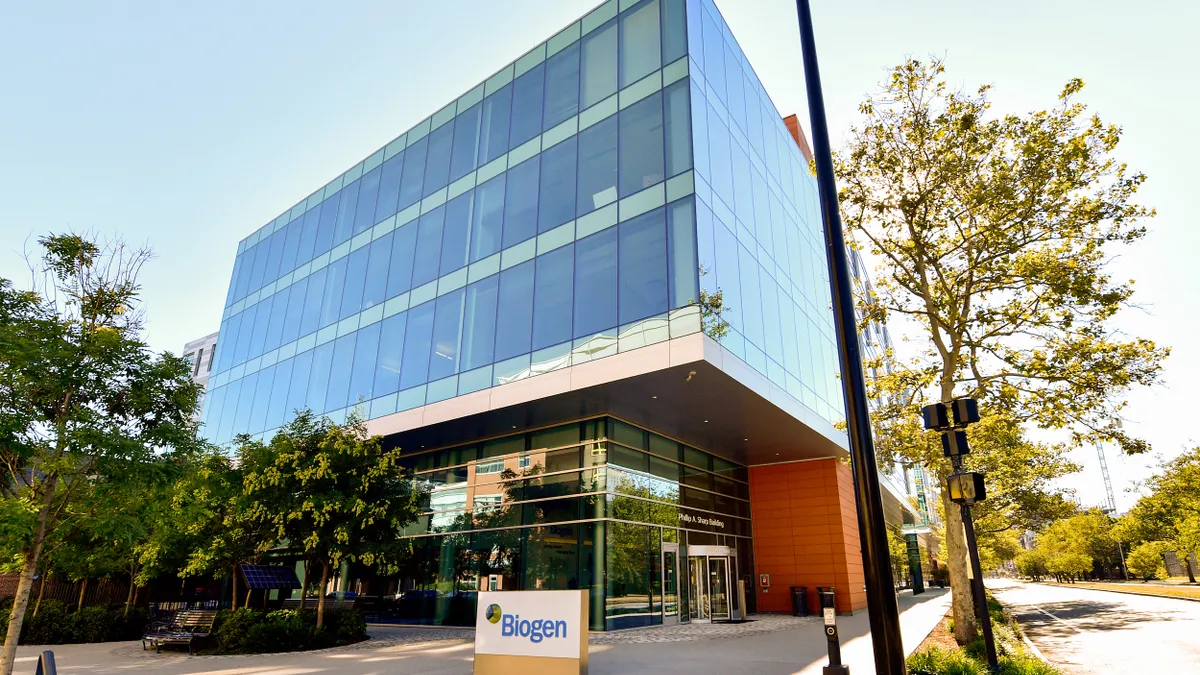Kenneth Mills, the CEO and founder of Regenxbio, will step down from his role next month after spending a decade and a half leading the prolific gene therapy developer.
He will be replaced on July 1 by Curran Simpson, currently Regenxbio’s chief operating officer, and will become chair of the biotechnology company’s board. Simpson joined Regenxbio in 2015 and was appointed COO in January 2023.
“As we advance our pivotal stage clinical trials, approach commercialization and prepare for our next chapter, now is the right time to transition leadership,” Mills said in a Wednesday statement. “Curran and I have worked closely together over the last nine years, and I am confident he brings the R&D, operational, and industry expertise to build on our momentum.”
Alongside the CEO news, Regenxbio confirmed its prior forecast that the company’s cash and securities on hand will be enough to fund operations into 2026. The biotech expects to submit its first approval application to the Food and Drug Administration later this year for a gene therapy that treats the neurodegenerative disease Hunter syndrome.
The leadership change is something of a surprise, according to Anabel Samimy, an analyst at Stifel. Still, Samimy sees little cause for concern.
“While there is no ideal time for a transition, we think new leadership is working with a portfolio of advanced and differentiated assets, and we look for a continuation of its progress to date,” she wrote in a client note Wednesday.
While Regenxbio is nearing regulators with the first approval application for one of its own therapies, the company is perhaps better known for providing the viral vectors used by other drugmakers. Most notably, Novartis’ Zolgensma, which was approved in the U.S. five years ago for spinal muscular atrophy, uses a Regenxbio vector.
Regenxbio has licensed its viral vector technology, in one fashion or another, to Astellas, Eli Lilly, Ultragenyx, Takeda, UniQure, Rocket Pharma and Pfizer. The company is also working with AbbVie on a gene therapy for eye diseases that the companies expect to submit for regulatory approval in 2026.





























